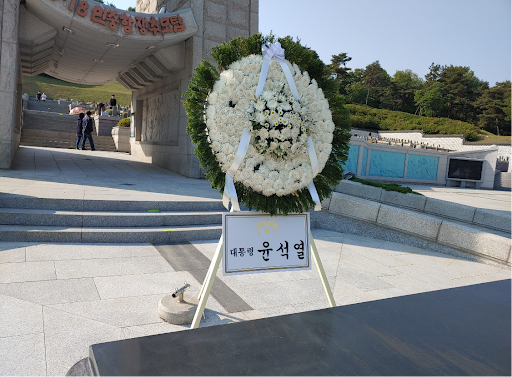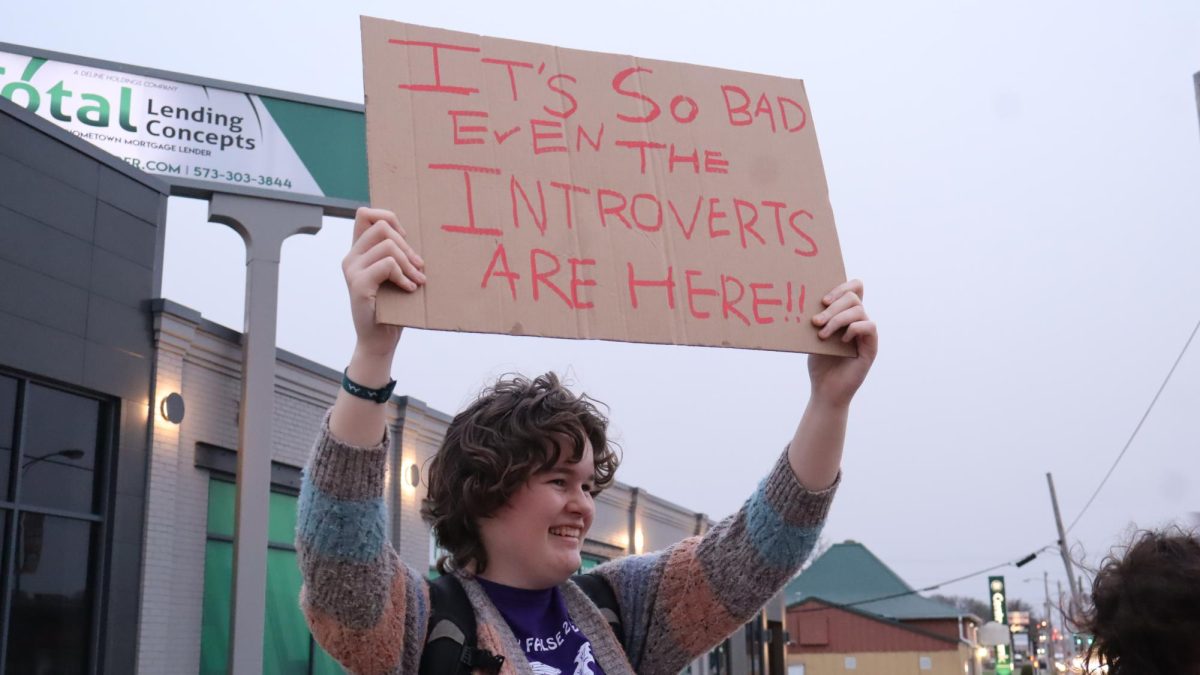On December 4 at 10:24 p.m., South Korea’s President Yoon Seuk Yul initiated martial law which was immediately rejected by all of parliament within 3 hours.
I was born and grew up in the United States until I was 10 years old. At 10, I moved to Gwangju, a state in South Korea, where I lived for 6 years before finally returning to the United States.
When I first heard the news regarding the violated democratic rights of South Korea, I knew I had to say something. For those of you tuning in, welcome.
What exactly happened in South Korea?
The South Korean President recently initiated martial law in effect in the country. This hasn’t happened since the ‘80s which resulted in many citizen deaths and brutality.
It was immediately shut down by parliament through 180-0 Members of Parliament votes within three hours.
Although martial law can be initiated by improper procedure in dire circumstances, this law is traditionally appealed to parliament with two-thirds of the vote deeming it official.
This, however, was not the case on December 4, and as a consequence, after a long and technical process, the president is currently facing an impeachment process.
On the night of December 4, after a majority of Parliament clocked out for the day, President Yoon informally initiated martial law without the consent of the other members of Parliament.
This immediately set off a rapid chain reaction to not only the politicians in Korea but the rest of the citizens. Hundreds of civilians and politicians alike stormed Congress to support the Parliament members in shutting down this initiative.
However, the military was brought into action. Because martial law was technically initiated, the national military and the rest of the city’s local police force barricaded and walled the congress doors, keeping any and all Parliament Members from getting inside the Congressional building.
Through the civilians’ massive distraction, most members of Parliament were able to successfully make their way back into Congress to overturn the law.
As a response, the soldiers and police alike forcefully began breaking into the building, forcing Parliamentary members to barricade doors with sofas and use fire extinguishers as smoke bombs.
Many of the civilians who protested Congress that day described this event as a direct insult made by the president to the long and effortful building of Korean democracy.
As of today, the president is currently under impeachment for his reckless actions.
Who is President Yoon?
President Yoon was the head of the People Power Party-a conservative right-wing party and recently won the 2022 election. Since then, he’s been mostly unpopular, bringing down the presidential support rate to nearly fifteen percent.
His opponent from the last race was Lee Jae Myung who is the current head of the Democratic party and has been targeted by President Yoon for the last 2 years.
No official statement nor acknowledgment has been made by President Yoon, however the general interpretation is that Yoon still holds a prejudice against Myung during the rivalring presidential campaigns.
However, President Yoon has officially revealed his motivation behind enacting martial law. He claims that he was acting on behalf of protecting South Korea’s citizens against North Korean Communist invaders. After making his justification, President Yoon went silent and did not show himself to the public until the chaotic protests simmered down in which he made his formal (half hearted) apology digitally via the government’s most trusted news channel.
Civilians in Seoul, home of Congress, and citizens all over the country, took to the streets and started protesting their right to democracy.
This was not the first time civilians had to fight for their political freedom.
South Korea has had a infamous history of presidents. There have been 13 Presidents since South Korea’s official democratization after Japanese Imperialism.
Most of the very early presidents ended their legacy as attempted dictators, were assassinated or came into power through a Coup D’etat.
The most recent and most significant event regarding a presidential boot was the 2017 Candle Protest where the civilians were successfully able to impeach and arrest the president of that time after a popular decline due to restrictions on political freedoms and corruption made by the president.
South Korea is not a violent country, nor is it politically unstable. The country has radically developed from one of the poorest countries in the ‘50s to one of the strongest cultural and economic allies of the United States and the rest of the East Asian hemisphere.
Modern Koreans have learned to become more wary of the politicians entering office and with the recent tantrum the President has made in an obvious power grab, Yoon’s court case has now begun.
May 18 Democratic Movement:
Perhaps what made this situation so insulting to the civilians of South Korea, and me personally, was the petty attempts of the President to legitimize his control over Martial law.
As stated before, his motivation was to protect the state from North Korean Communist invaders.
And although the two Korea’s relationship has been rather tense as of lately, any local living on either side of the border can talk with confidence that there is in fact no military tension nor attempts to cause trouble between the two countries.
However, there has been an instance in history where this exact excuse was used to justify martial law and mobilize military units across the country: 1980 in Gwangju.
In 1980, after President Chun Du Han took over the nation through a coup d’etat and puppetted the president with his military authority. The first thing he did was send troops all around the nation to universities. Because this was around the time university students were the most progressive figures in the country and they understood how important it was to resist the oppressing authorities of the government.
Citizens took to the streets just like present day, and rather than being seen as a symbolic representation of democratic freedom, the government issued a quarantine around the state, then began a brutal suppression which resulted in hundreds of deaths.
I have many friends who’ve lost friends, and family over this crime.
What does this mean for Korea and the rest of the world?
President Yoon, who was supposed to be the figurehead of civil rights for my country, has single-handedly destroyed a democracy made through a history literal of blood, sweat, and tears.
This is a matter greater than South Korea. There are many countries in the world today fighting for these civil liberties. France and Germany have recently had votes of no confidence against their political leaders, Iran has always had a fluctuating protest, and all around the world people fighting for basic human rights. Because the truth is, we’ve all got high expectations.
We live in a society and mindset in the modern day where if the government breaks our promised social contract, we act on it.
We know when we’re being mistreated and how important it is for us to preserve our rights in modern democracy.
And it’s more important now than ever. With so much misinformation and authoritarian governments rising, it’s our responsibility to remember our worth and protect the freedoms we’ve been privileged enough to live with.







